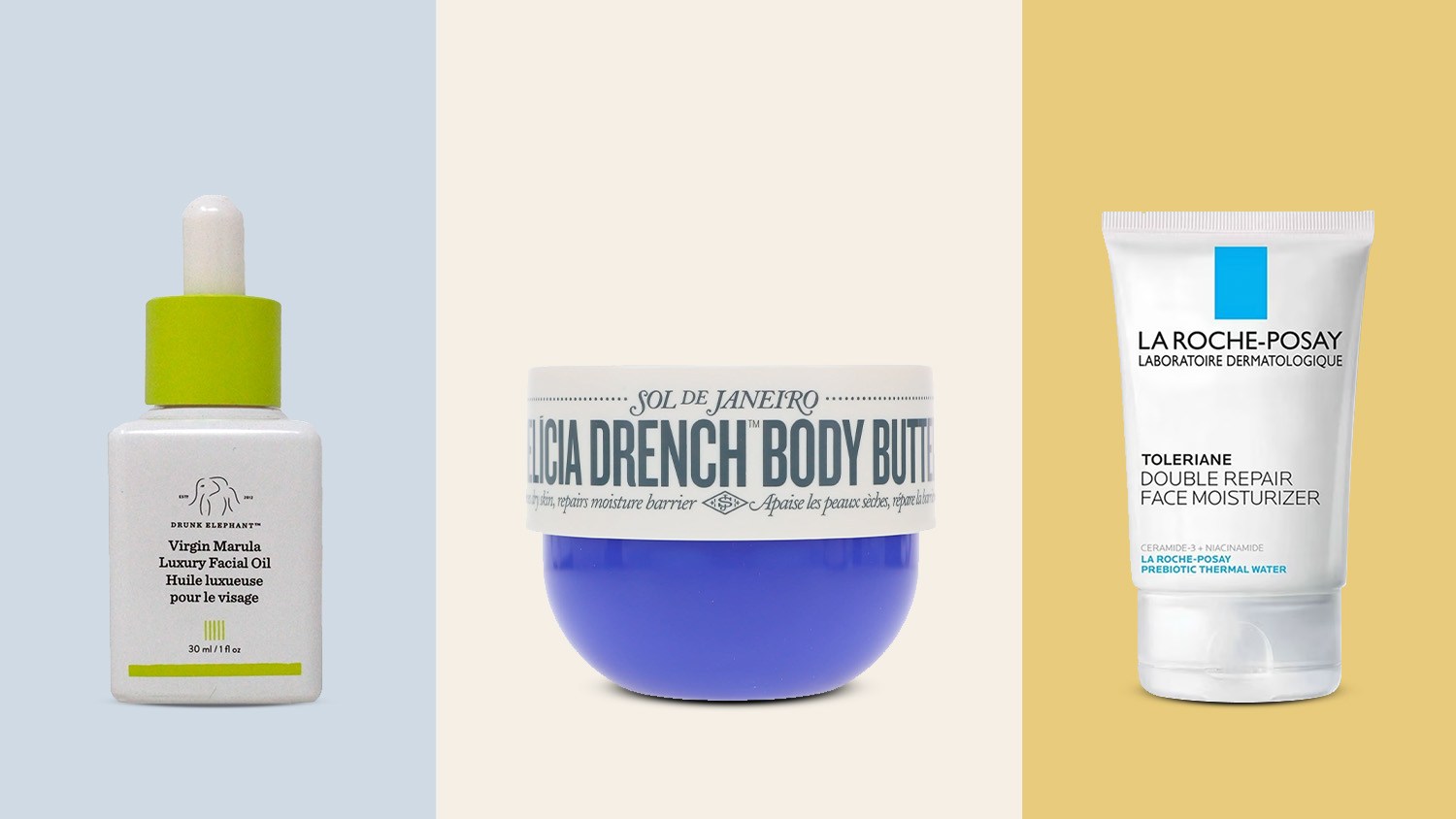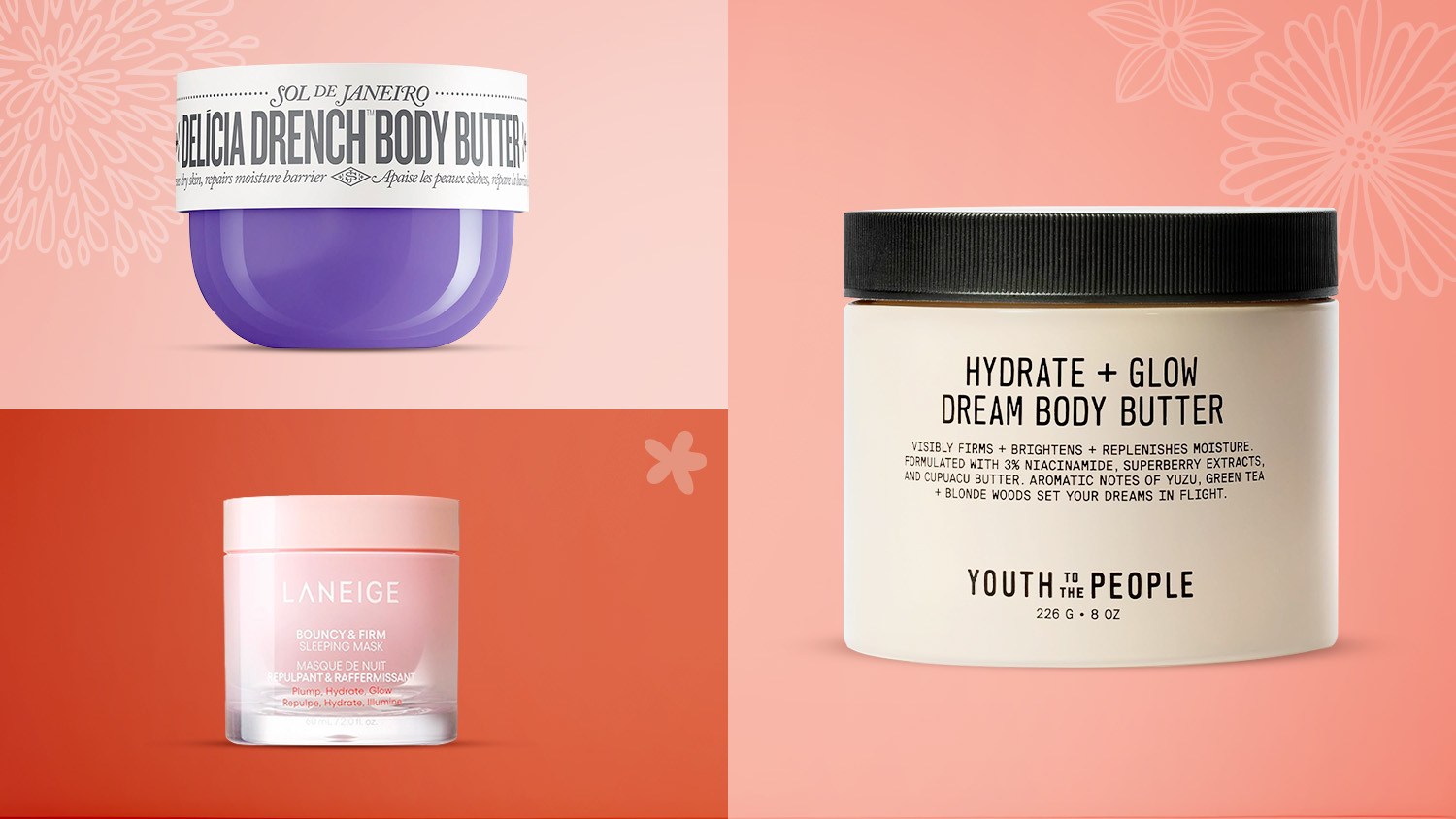MEMPHIS, Tenn. — Women of color are sometimes faced with a battle of how to wear their hair.
Wearing it straight could mean risking the possibility of hair damage from harsh chemicals, but wearing it curly could mean backlash and reaction by bosses and colleagues in the workplace.
At this year’s National Association of Black Journalists convention, there was even a photo shoot with journalists showing off their natural curls, Afros and even braids.
WREG’s Symone Woolridge has worn her hair curly on TV and received some positive feedback. But she also got plenty of not positive responses and even emails saying her hair is more “becoming” when it’s straight.
But it’s not just Symone or those on-air. This is happening in offices all over the country.
Ladeia Mcneal is a process manager who’s worked in marketing for almost 20 years, and for almost 20 years, she’s worn her hair natural.
Natural means chemical-free and in its own state without having to alter it. It’s something many people of color have to do in order to fit in.
“It’s like, your hair has to be acceptable or unruly, but you may think my hair is unruly because you’ve never seen it before,” McNeal said.
McNeal said unruly is close to the word used when she was terminated several years ago. She worked as an office manager right out of college.
“Came back another weekend, and I took the braids down, and it was like total shock when I walked in the office on Monday morning,” she said. “It was like a very visceral reaction, and a couple of days after that, like around Tuesday or Wednesday, midweek, there was something made about, ‘When are you going to make your hair look like it did during the interview?'”
Takeisha Berry-Brooks is the CEO of the Natural Hair Affair. She said stories like McNeal’s are blatant discrimination.
“As far as the chemicals are concerned, they’re damaging, so why would we, why should we continue to alter and damage, put things in our bodies that do not belong?” Berry-Brooks said. “It’s just disheartening, and I wish people understood the struggle it can be to be a black woman, black man, just to wear your hair.”
Berry-Brooks is seeing more clients pour into her shop wanting healthier hair at the expense of what some would consider “professional.”
“We have been programmed for years and years to straighten and alter our hair because it did not look a certain way,” she said.
Shyann Skelton’s hair may fit into that category of straightened and kept. Skelton is biracial and has a looser curl pattern.
“I never fit in with my white side, and I never fit in with my black side either, so I was always torn between what does my hair want to look like?” Skelton said. “Does it want to be pretty and straight like the white girls or kinky and big like the black girls?”
A more socially acceptable pattern might explain why she’s only received positive comments about her look.
Black hair has had a long history of being stigmatized in the workplace, and to change what that actually looks like, women of color are now fighting back.
“Any time I have a meeting or something for work, I make it my business to show up natural,” Jessica Wright said.
“It’s okay to wear your natural hair at work,” Deavila Bennett said. “It’s okay to wear it out and about and be proud of it.”
For the sake of setting an example for children and others, accountant and real estate agent Jessica Wright and school social worker Deavila Bennett have decided to let go of the wigs and weaves and live their natural life.
“I don’t want our culture or our hair to be a fad, I want it to be a forever thing,” Bennett said. “It’s really all about accepting yourself and loving who you are, and once you do that, nothing anyone can say to you can make you think different about yourself.”
In Tennessee, Rep. Antonio Parkinson filed a bill that would make it illegal to discriminate against anyone for their hairstyle or race. If passed, it would take effect July 1.


















